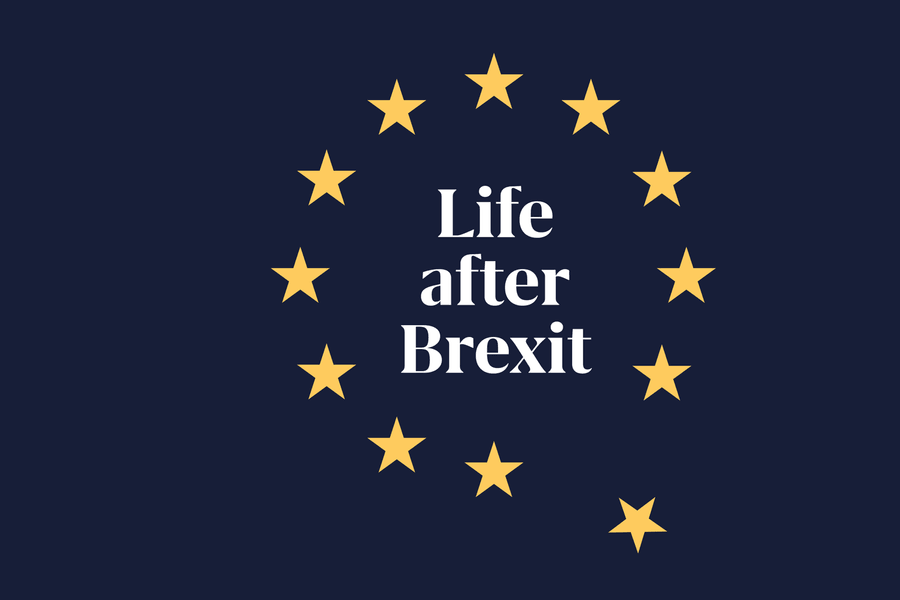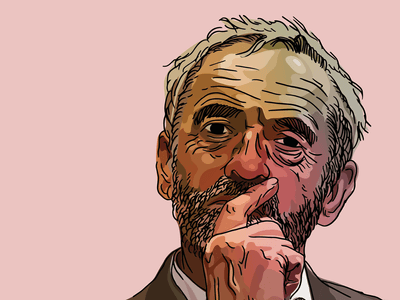True, governments and consultancies run computer models designed to predict likely outcomes as a result of policy decisions, but we can never be certain to any reasonable degree what the future might have in store.
An understanding of economics might make it easier to fully appreciate why a government’s particular course of action produced the results it did, but as forecasters, economists are a mixed blessing at best.
Take the reaction of the central banks to the financial crisis of a decade ago. To head off a downward economic spiral, these banks started buying in corporate debt to release bank funds for more lending. In effect they were printing money by making credit more readily available. It was called Quantitative Easing and most economic forecasters said that inflation would rise as a consequence. Probably the central banks expected the same as it would devalue debt, but in the end it didn’t happen.
The forecasts for how Brexit is likely to impact our domestic economic performance have been generally gloomy. In a way this is to be expected. We are heading into unchartered waters which, at the very least, makes forward planning that much more difficult. Indeed, a recent survey from the Recruitment & Employment Confederation found that the balance of employers expecting the economy to worsen had risen dramatically, despite a buoyant jobs market.
This was supported by the GfK consumer confidence, which has fallen to -12, a post EU referendum low. With signs that the rate of growth in our economy is slowing, a more negative take on how we might fare once we are outside of the European Union seems natural. The main concern appears to be that wages are rising more slowly than inflation, potentially putting pressure on consumers’ pockets, but I question whether we are right to be so pessimistic.
For a start, the fall in the value of the pound since the referendum result should give a welcome boost to our export industries and to inward bound tourism, not to mention encouraging more Brits to holiday at home. Those travelling to the European single currency zone are likely to find that their euros are costing pretty much a pound a piece – quite a disadvantage to those on a limited budget.
Then there is the oft raised spectre of higher tariffs if we leave the single market. When we first joined what is now known as the European Union, tariffs were indeed an issue, but in a global market place, the imposition of punitive tariffs must be considered carefully before implementing. We import more from the EU than they sell to us and can you really see Germany wanting to start a trade war, given the number of Mercedes, BMWs and Audis we buy from them?
Of course there are economic risks. Frankfurt and Paris look greedily across the Channel at the power of London as a financial centre and hatch plans to capture as much of this trade as they can manage. Some business may migrate, it is true, though my guess is that New York is more likely to benefit than any European centre. Technology, too, could be vulnerable, but with many of the skills in all these industries firmly embedded at home, it seems unlikely that there could be a swift transition of economic power from Great Britain to Europe.
We are heading into unchartered waters which, at the very least, makes forward planning that much more difficult.
Immigration, which many saw as the main reason for voting to leave, might also be a problem. Already the number coming to Britain from the EU is dropping, while those returning home are also on the rise. The oft quoted reason is that they no longer feel welcome in a country that has voted to leave, but I suspect we no longer look quite so attractive in salary terms, now that the pound is so much lower. Some industries, agriculture, building and hospitality in particular, may find recruitment more of an issue in the post Brexit world.
The world is very different today to how it was 44 years ago when Edward Heath took us in. While the uncertainty that seems inevitable as the negotiations grind on will affect sentiment, my bet would be that once all the dust has settled we will be hard pushed to detect much of a change in our economic stature. I’m far more worried about a financial meltdown in China, given the overstretched condition of their banking system and inflated asset prices, but that’s another story altogether.


